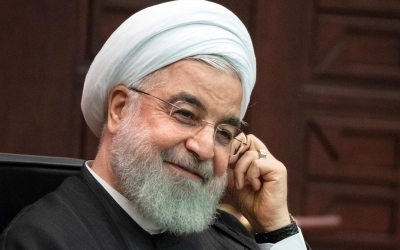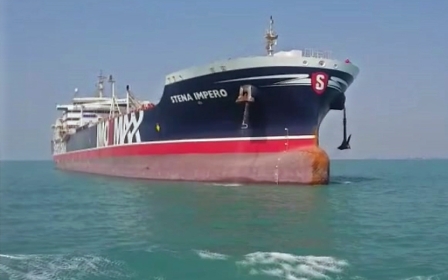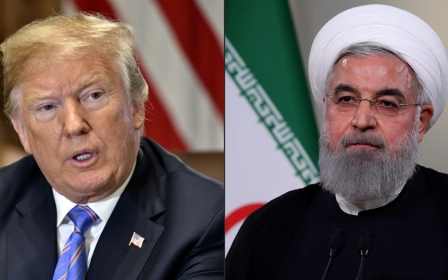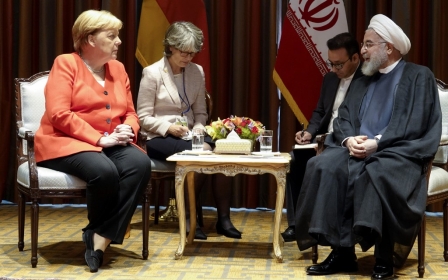British tanker previously held by Iran docks in Dubai
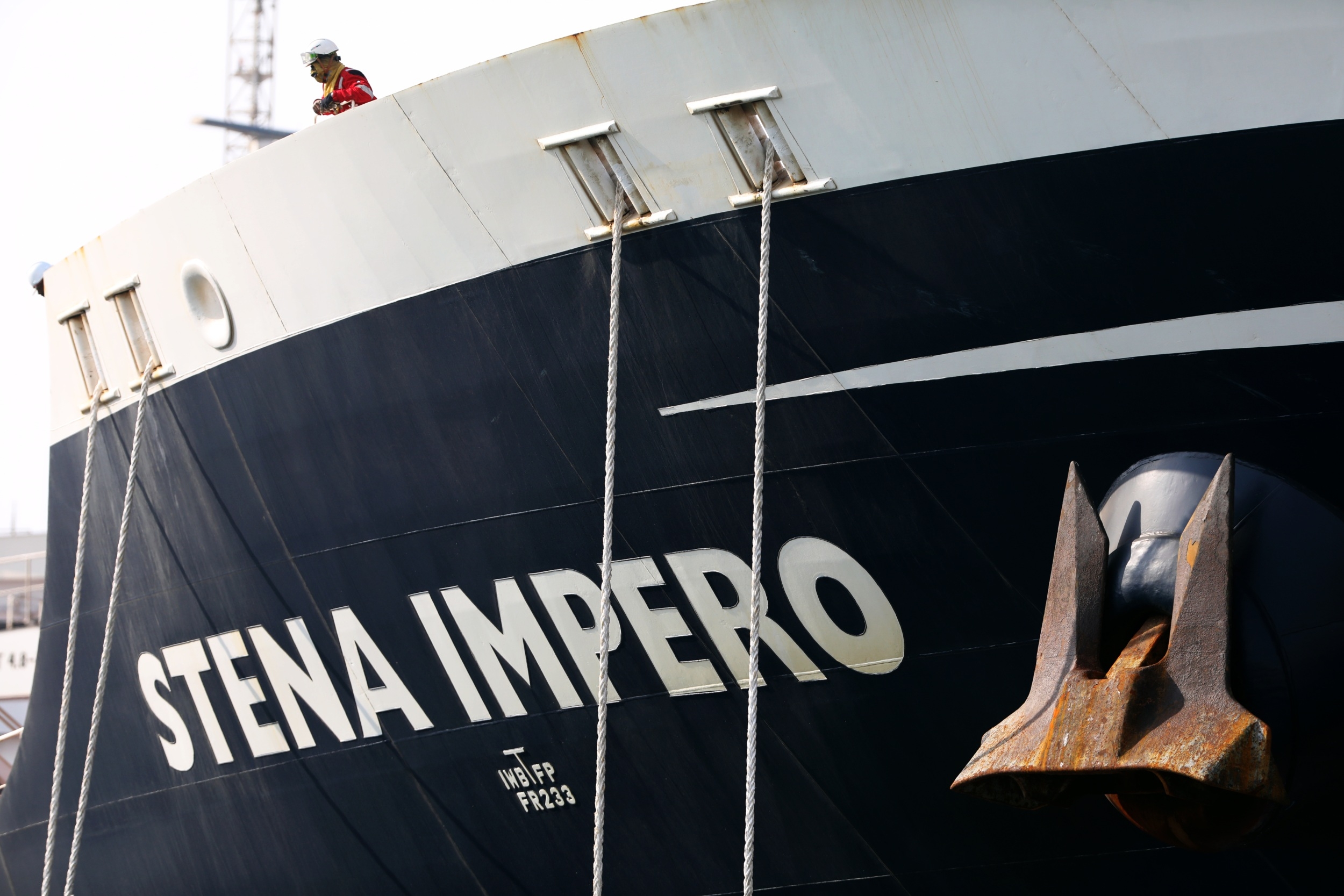
A British-flagged oil tanker docked in Dubai on Saturday after sailing from the Iranian port of Bandar Abbas where it was held for more than two months, according to agency footage and a tracking website.
The Stena Impero docked at Port Rashid in Dubai on Saturday after halting off the coast overnight, according to data from ship tracking website MarineTraffic.com seen by AFP news agency.
Pool reporters at the commercial port confirmed the ship had moored, while video images showed the Swedish-owned vessel docked and surrounded by several small boats, including at least one flying the United Arab Emirates flag.
The ship's seizure back in July was widely seen as a tit-for-tat move after authorities in the British overseas territory of Gibraltar detained an Iranian tanker on suspicion it was shipping oil to Syria in breach of EU sanctions.
Tehran repeatedly denied the cases were related.
The Stena Impero sailed from Iran and into international waters of the Gulf on Friday morning, according to local authorities.
"Despite the vessel's clearance, its legal case is still open in Iran's courts," Hormozgan province's maritime organisation in southern Iran said on its website.
The tanker's captain and crew have "given a written, official statement that they have no claims", it added.
Erik Hannel, the CEO of the firm Stena Bulk that owns the vessel, had said the ship's sailing was "obviously a relief" and that the priority was those on board.
"The crew will have a period of time to be with their families following 10 weeks of detainment on the vessel. Full support will be offered to the crew and families in the coming weeks to assist with their recovery," Hannel had told AFP on Friday.
The company did not release the names of the crew members.
Iran's Revolutionary Guards seized the vessel in the Strait of Hormuz on 19 July after surrounding it with attack boats and rappelling onto its deck.
It was impounded off the port of Bandar Abbas for allegedly failing to respond to distress calls and turning off its transponder after hitting a fishing boat.
Seven of its 23 crew members were released on 4 September.
British Foreign Secretary Dominic Raab said the tanker was "unlawfully seized by Iran" as part of its attempts to "disrupt freedom of navigation".
Tensions have risen in the Gulf since May last year, when President Donald Trump unilaterally abandoned a 2015 nuclear deal between major powers and Iran and began reimposing crippling sanctions in a campaign of "maximum pressure".
They flared again this May when Iran began reducing its own commitments under the deal and the US deployed military assets to the region.
Since then, ships have been attacked, drones downed and oil tankers seized.
In June, Trump called off air strikes against Iran at the last minute after the Islamic republic's forces shot down a US drone.
This month, twin attacks on Saudi oil infrastructure, which knocked out half the kingdom's production, drew accusations of blame not only from Washington but also from its European allies.
Tehran has denied any involvement in the attacks which were claimed by Iran-backed rebels fighting a Saudi-led coalition in Yemen.
The US has since formed a coalition with its allies Australia, Bahrain, Britain, Saudi Arabia and the United Arab Emirates to escort commercial shipping in the Gulf.
Tehran has warned that the planned US-led International Maritime Security Construct will cause more, not less instability. It has proposed a rival security plan of its own.
Speaking at the UN General Assembly in New York, President Hassan Rouhani this week announced a plan dubbed the "Hormuz Peace Endeavour" or "HOPE".
He gave no details but called on all of Iran's Gulf neighbours to join, saying: "Security cannot be provided with American weapons and intervention."
Middle East Eye propose une couverture et une analyse indépendantes et incomparables du Moyen-Orient, de l’Afrique du Nord et d’autres régions du monde. Pour en savoir plus sur la reprise de ce contenu et les frais qui s’appliquent, veuillez remplir ce formulaire [en anglais]. Pour en savoir plus sur MEE, cliquez ici [en anglais].


